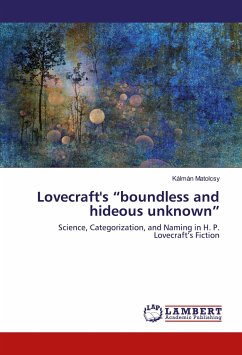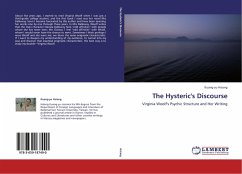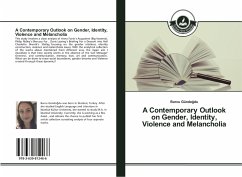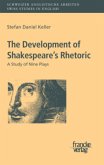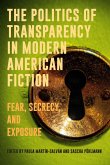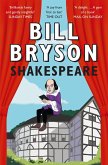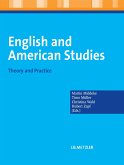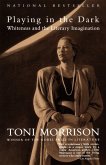H. P. Lovecraft's stories concentrate on the unknown, a primary anomaly not unlike those we may find in scientific discourse. The texts are utterly ambiguous and advocate a paradox where knowledge is both successful and dysfunctional. At the edges of conceptual structures Lovecraftian language can say the unsayable and write the unwritable by applying negation, silence, and metonymy, but most of all metaphor-all conjoined in the ecstasy of excess. The unknown, which manifests itself through this matrix of negative representation and negative philosophy, acquires form and mass: it becomes a word, a thing. Lovecraftian scientific constructs are also negative: through paradigm shifts existing knowledge is broken up and monstrously reconstructed to represent anomalous phenomena. Through fissions and fusions, the Lovecraftian text presents the underside of biology, physics, and astronomy, also symbolically processing the epistemological problems of American Gothic horror, fantasy, and"scientifiction." The Lovecraftian text thus becomes the locus of a philosophical paradigm shift in the world of popular literature, and Lovecraft's figure looms as a paradigm shifter.
Bitte wählen Sie Ihr Anliegen aus.
Rechnungen
Retourenschein anfordern
Bestellstatus
Storno

